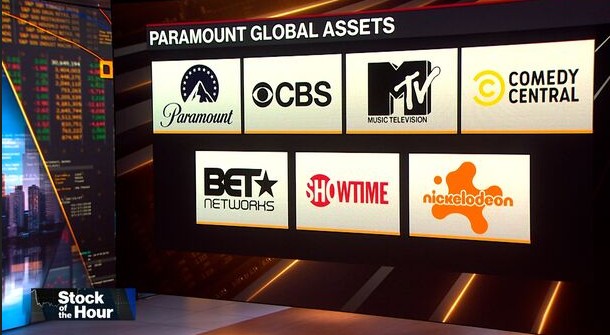In recent months, Netflix's venture into live-action adaptations of anime has sparked considerable discussion among fans, particularly with the announcement of "Solo Leveling," a remake of a beloved Korean web novel and anime series. Although its premise follows a weak monster hunter, Sung Jin-woo, transforming into a powerful hero, the adaptation was met with skepticism from established fans. Concerns about the effectiveness of CGI in representing dynamic fight sequences and the integrity of the storyline loom large.
The debate over live-action adaptations of anime isn't new. Enthusiasts like Spanish fan Ander Guerrero emphasize that such adaptations often fall short of conveying the unique aesthetics and emotional depth characteristic of anime. This hesitance is rooted in a history of underwhelming transitions from animated to live-action formats, including notorious failures like "Dragonball Evolution" and "Ghost in the Shell."
Despite the rocky past, Hollywood studios are not backing down. The anime market is burgeoning, expected to grow from a $34 billion valuation to over $60 billion by 2030, stirring interest among content creators. Major projects, such as a film adaptation of "Gundam" and "Naruto," reflect the industry's ambition to tap into this lucrative market.
The recent rise of interest in anime, especially during the pandemic, has transformed the perception of animated series, making them more mainstream and appealing to diverse audiences. According to a Dentsu survey, a significant portion of viewers reported watching anime as a refreshing change from typical Hollywood narratives.
Despite the allure of original anime, the allure of live-action adaptations lies in expanding viewer engagement. For platforms like Netflix, these remakes can enhance viewer retention by attracting new audiences hesitant to explore original anime. Emerging successes, such as the recent adaptation of "One Piece," indicate potential paths forward by involving original creators and casting culturally aligned actors.
As anticipation builds for "Solo Leveling," fans hope that a predominantly Korean cast will help preserve the story's essence while inviting new viewers into its expansive universe. While challenges remain, the collaboration between original artistic creators and Hollywood's production capabilities could lead to adaptations that resonate with a broader audience while remaining true to their roots.
The debate over live-action adaptations of anime isn't new. Enthusiasts like Spanish fan Ander Guerrero emphasize that such adaptations often fall short of conveying the unique aesthetics and emotional depth characteristic of anime. This hesitance is rooted in a history of underwhelming transitions from animated to live-action formats, including notorious failures like "Dragonball Evolution" and "Ghost in the Shell."
Despite the rocky past, Hollywood studios are not backing down. The anime market is burgeoning, expected to grow from a $34 billion valuation to over $60 billion by 2030, stirring interest among content creators. Major projects, such as a film adaptation of "Gundam" and "Naruto," reflect the industry's ambition to tap into this lucrative market.
The recent rise of interest in anime, especially during the pandemic, has transformed the perception of animated series, making them more mainstream and appealing to diverse audiences. According to a Dentsu survey, a significant portion of viewers reported watching anime as a refreshing change from typical Hollywood narratives.
Despite the allure of original anime, the allure of live-action adaptations lies in expanding viewer engagement. For platforms like Netflix, these remakes can enhance viewer retention by attracting new audiences hesitant to explore original anime. Emerging successes, such as the recent adaptation of "One Piece," indicate potential paths forward by involving original creators and casting culturally aligned actors.
As anticipation builds for "Solo Leveling," fans hope that a predominantly Korean cast will help preserve the story's essence while inviting new viewers into its expansive universe. While challenges remain, the collaboration between original artistic creators and Hollywood's production capabilities could lead to adaptations that resonate with a broader audience while remaining true to their roots.


















